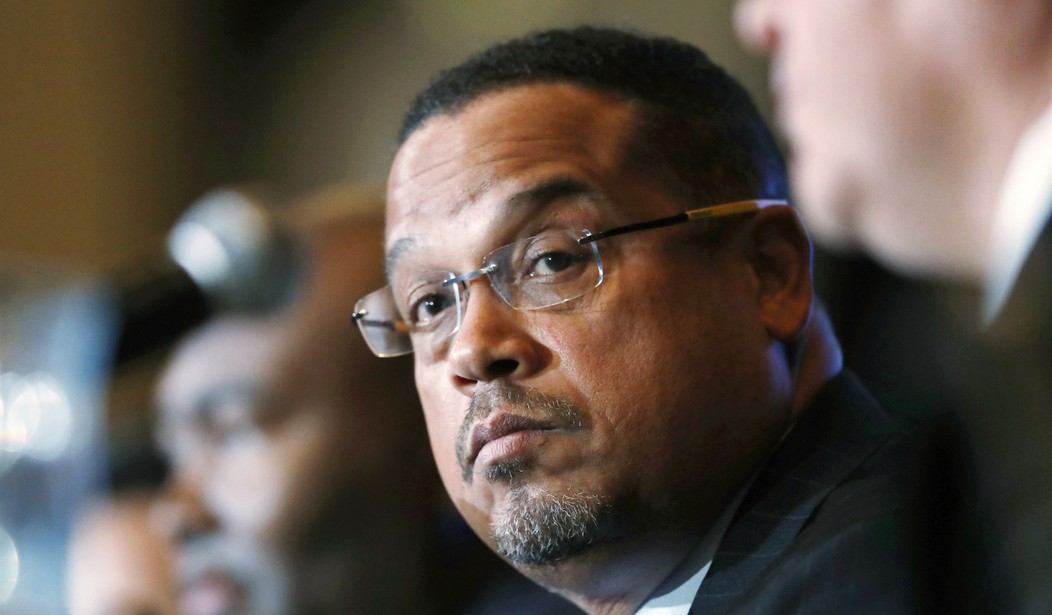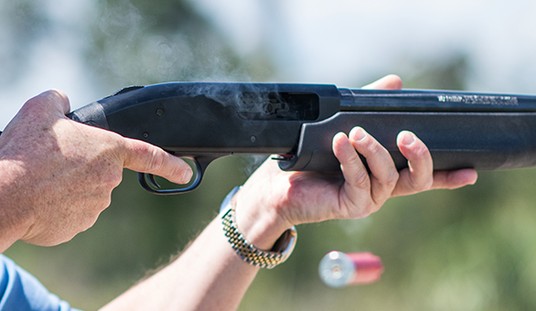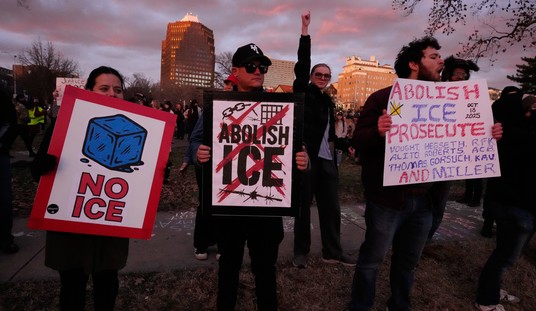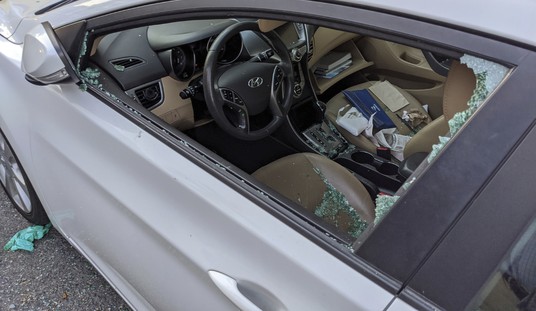The Minnesota Gun Owners Caucus was on hand on Friday as the University of Minnesota Law School held a symposium entitled “Aiming for Answers: Balancing Rights, Safety, and Justice in a Post-Bruen America,” though none of the Caucus’s leadership were actually on stage during any of the panels. Instead, the symposium, which was sponsored by the Giffords Law Center, featured a steady stream of anti-gun activists, politicians, and academics talking up the need for gun control, with little mention of rights at all. Instead, the Second Amendment was treated almost solely as a barrier to reducing “gun violence”, not as a right deserving of protection.
I could write a dozen or more posts on comments made during the five panels that were held as part of the symposium, but I’m going to focus on one particular comment made by Minnesota Attorney General Keith Ellison while discussing his lawsuit against Fleet Farms, which he alleges knowingly and willfully engaged in straw purchases with customers over a period of several years.
Keith Ellison "Here are the advantages of using consumer safety law.."
"it's just straight up easier to hold a retailer accountable for negligent sales of firearms than to prosecute everyone who is illegally in possession of a firearm"
"I like the idea of moving upstream"…
— MN Gun Owners Caucus (@mnguncaucus) October 27, 2023
It’s easier to go after retailers for negligent sales of firearms than it is to prosecute those who are illegally possessing them. I guess it’s true that suing a very small number of gun dealers is easier than prosecuting a much larger number of illegal possessors (who still comprise a tiny percentage of the overall population), but is it actually effective? After all, the vast majority of people who are in prison for crimes in which a gun was used did not obtain their firearm at retail; in either a lawful sale or an illegal straw purchase. Evidence to that effect can be found in a 2019 Department of Justice report entitled “Source and Use of Firearms Involved in Crimes, Survey of Prison Inmates: 2016”, which found that “fewer than 1 in 50 (less than 2%) of all prisoners had obtained a firearm from a retail source and possessed, carried, or used it during the offense for which they were imprisoned.”
Now, that statistic involves all inmates who were surveyed, not just those who were incarcerated for a crime in which a gun was used. Even among that body of criminals, however, retail sales accounted for a small percentage of the ways in which guns were obtained.
An estimated 287,400 prisoners had possessed a firearm during their offense. Among these, more than half (56%) had either stolen it (6%), found it at the scene of the crime (7%), or obtained it off the street or from the underground market (43%). Most of the remainder (25%) had obtained it from a family member or friend, or as a gift. Seven percent had purchased it under their own name from a licensed firearm dealer.
Some of those guns obtained from the underground market or through family or friends were originally been sold at retail as part of a straw purchase, but that doesn’t mean that the retailer aided and abetted the straw purchaser. Retailers routinely deny purchases that they suspect might actually be going to someone else, and the firearms industry has had a long-running campaign in conjunction with the ATF called “Don’t Lie for the Other Guy” that seeks to educate would-be straw buyers on the dangers of engaging in that activity.
When Keith Ellison says he’d prefer to go “upstream”, what he means is he’d rather try to put federal firearms licensees out of business than enforce the existing gun laws on the books. Even if a gun shop owner successfully defends themselves from a lawsuit like the one Ellison launched against Fleet Farms, the associated legal fees can make it untenable to continue doing business. That’s one reason why the number of FFLs “voluntarily” giving up their licenses is even higher than the soaring number of gun dealers who’ve had their licenses revoked by the ATF under Joe Biden’s “zero tolerance” policy for FFLs.
If there are no gun stores, then criminals can’t get guns through straw purchases, right? Of course, lawful citizens can’t get guns through the normal chain of commerce either, but Ellison apparently has no qualms about that. As I said, there was little “balancing” of rights, safety, and justice to be seen from the University of Minnesota Law School’s symposium overall, and none to be found in Ellison’s comments about going “upstream” in targeting firearm retailers.









